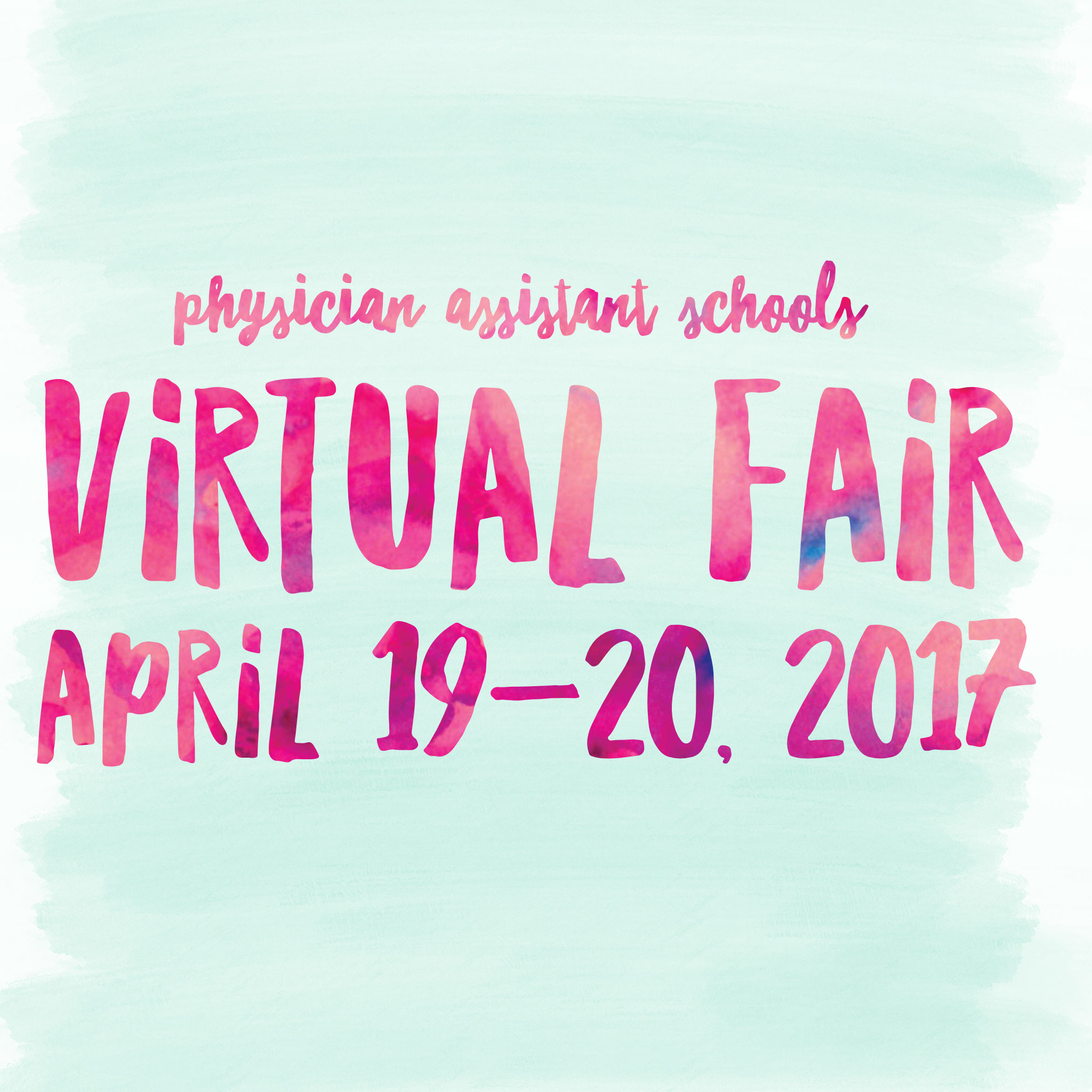I got a question today about the setbacks or disadvantages of being a PA. I've addressed a few of the disadvantages I've found in the education processes in this post, which compares PA school and medical school, but I'll go over some of the negative aspects of actually practicing in this post. And here's another post about advantages/disadvantages to think about when looking for a job.
This may not be the most popular post ever because most PAs like to think they have the greatest job every with no down sides. And since PAs have been rated as the #1 job in America for years now, it's hard to disagree. But now that I'm a year and a half into working, there are some things that I wish I had thought about starting PA school. Would any of these have been dealbreakers for me? Probably not, but maybe I can help you be a little more informed.
- Plan your vacations years in advance. - If you work in a clinic with scheduled patients, you're going to have to be really good at planning. And you're going to have to convince your family to plan ahead as well. The schedulers don't appreciate it when you ask them to move 60 patients so you can go on a vacation. My family tends to do trips last minute and not know the holiday plans very early, so I haven't been able to participate much this year. The longest vacation I took was actually to go to a conference. It's not the end of the world if you have to reschedule patients, but it's courteous to both patients and office staff to try not to if possible.
- Office hierarchy - When working in a private practice, you will be the bottom of the totem pole at times. This doesn't mean that you aren't respected and valued, but unless you own the practice, you don't get to call the shots. It's important that you don't let yourself be abused, but you also have to accept that you may end up taking shifts you wouldn't prefer, working while the boss takes off, or taking on some extra responsibilities. If you do not think you could be okay with not having the final say or having to answer to a supervising physician, then you may not want to go the PA route. As a PA, you will never have an MD behind your name. (I actually love that patients call me by my first name and I would feel weird being called doctor, so although I don't feel it's a bad thing, you might.)
- The Haters. - There are going to be some people (patients, physicians, family) who just don't get what you are doing as a PA, and who won't trust you no matter how many times you explain how you were trained. On the flipside, you'll probably have people asking you to treat them the first day you start PA school and think you have all of the answers (AKA - my grandma who calls me the cosmetologist. I work in dermatology. Same thing, right?) It can be extremely difficult to have to work with physicians who do not think you are capable of quality patient care. You can choose your supervising physician, but sometimes you can't control who they choose to work with. You can try to educate others and help them to learn about the scope of PAs, but some people may not ever be convinced. My husband is a great example. He is in medical school, and most medical students that I've encountered have no idea what PAs do. I constantly get, "How do you know that?," "You guys learn about this too?," "PAs can actually do that?" I like to use these opportunities to teach them about our profession, and I hope that as physicians they will have a better appreciation of their PA colleagues.
- Make the big bucks, but not the biggest. - PAs do great as far as compensation in my opinion, especially when you consider the amount of schooling, but you will never make the same salary as your supervising physician. Ultimately, a physician is going to hire a PA to bring in profit and allow for schedule flexibility, so yes, they will profit off of your work. It can be a little discouraging when you feel like you are working hard and being profitable for the practice, but if you negotiate well and come up with a fair contract, you can do very well financially as a PA.
- Lifetime learner (because you have to) - Continuing education requirements for PAs are intense. 100 hours every 2 years, and an exam every 10 years on EVERYTHING. So if you decide to specialize, it's gonna be tough. Physicians don't have requirements that are even close to as crazy as these, but at least you have no choice but to stay up to date.
Overall, I love my job and I wouldn't trade it for anything, but if you're on the fence maybe this will help you to choose a side!













